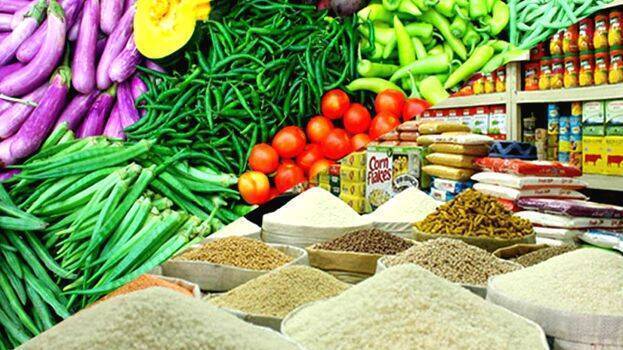

Yesterday, a high-level meeting of the government was held while the prices of daily necessities were rising beyond the reach of the common man. Price of all the essential commodities had started increasing in the market since the last week of June. As usual it just took a long time for the government to know. After the high-level meeting, the chief minister warned that strict action will be taken against those who overcharge for the goods.
Price rise is not a unique phenomenon here. Rains and floods are fueling the price hike. Widespread crop damage has led to shortages and rising prices of almost all daily necessities. Since there is not much agriculture in the state, most of the essentials have to be imported. It is common to have to pay different prices for the same product locally. Traders try to take advantage of the famine to make maximum profit. There is only one way to control this, and that is government intervention in the market. Chief Minister suggested that Horti Corp, Consumer Fed and Civil Supplies should intervene strongly in the market because of this awareness. These institutions are set up to save the common man from the clutches of price hikes. Unfortunately, their performance does not rise to the level that would benefit the people quite often. The financial crisis faced by the government will obviously affect the funding for these institutions. Civil supplies, which have been conducting strong market interventions, should be paid more than 4000 crore rupees from the government alone. Other institutions also have similar dues. Amount in crores is to be paid by civil supplies for the paddy procured from farmers. Paddy farmers are in a state of uncertainty about whether to continue paddy cultivation which has become a loss-making business. The paddy farmers of the state have to suffer even when the price of good variety of paddy reaches 60 rupees per kg in the commercial market.
The high-level meeting has repeatedly demanded that the traders must display the price list in front of the shops. This kind of suggestion comes up whenever the price rises. The board will also disappear when the situation returns to normal. Action should also be taken against the shops that do not display this board. It is not unusual to see two different prices for the same item in neighboring shops. Price information boards will no doubt be helpful in controlling such practices. In a state where the rights of consumers are not valued, it is unacceptable that the price is what the traders decide.
Another recommendation of the high-level meeting was that District Collectors should conduct direct inspections of major markets in each district. It is not known how Collectors who already have a busy schedule will handle this. It would be more practical to entrust such a task to the Civil Supplies and Food Security Department. Price levels can be reviewed weekly by collectors. Artificial inflation and hoarding can be controlled if the government keeps a constant watch on market movements. This should be a continuous process as well.